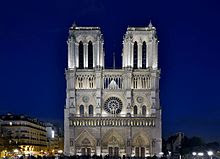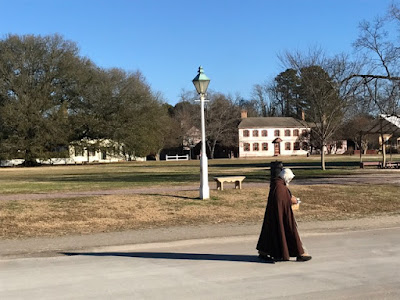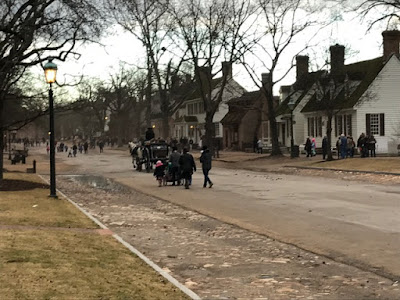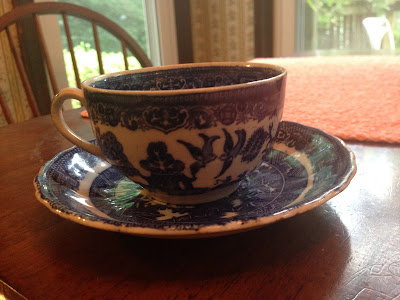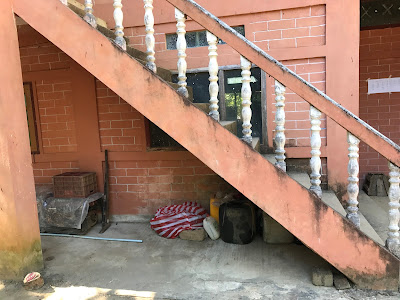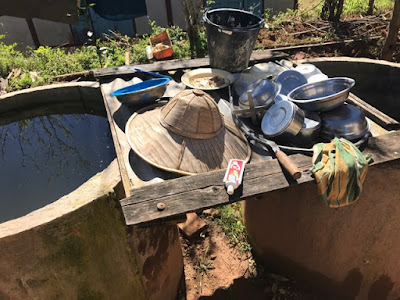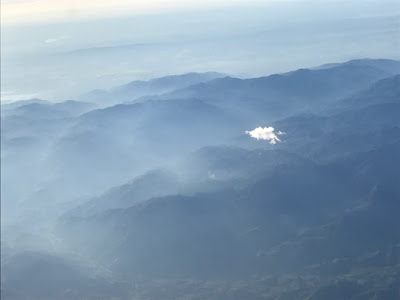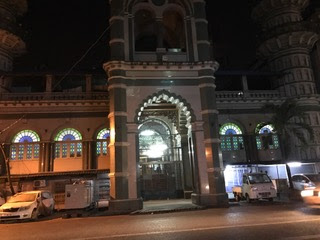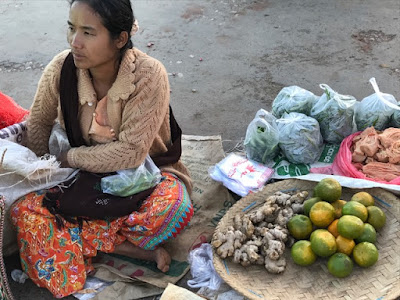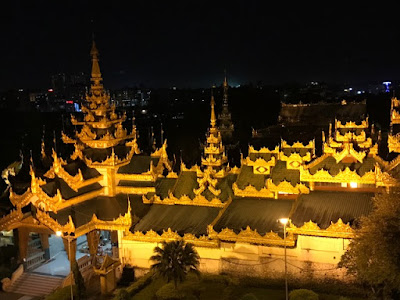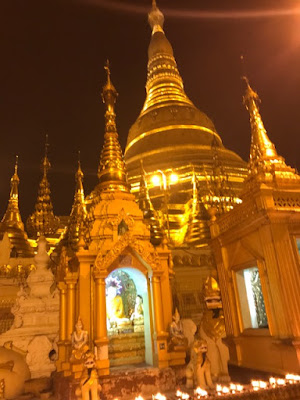Mind Picture
No time to snap a photo of last night’s full moon, so I tried to snap a “mind picture,” as Suzanne would call it.
I remember when she first talked about mind pictures. It was on one of our family vacations, can’t remember which one. I’d smiled, reminding her that she couldn’t share mind pictures the way she could real ones and that her mind wouldn’t always be as clear as it was then. That there might come a time when it would be as jumbled as mine — mind pictures tangled up with old phone numbers, Associated Press Stylebook comma rules and all the other bits of information and trivia I’ve remembered through the years.
But I have come around a bit. As long as you don’t take too many, as long as you are mindful when you snap that lens open and closed … who’s to say that, in the end, mind pictures aren’t better.
I can still remember with great detail a mind picture I took more than two decades ago. I was visiting Kay in Paris, and had forgotten my camera. It was April, early evening, and as I walked along the Seine, the towers and spires of Notre Dame were set off against a perfect late-day sky.
I’ve taken tens of thousands of photographs since then. But that’s the one — without film or any other form of capture — I remember best.
